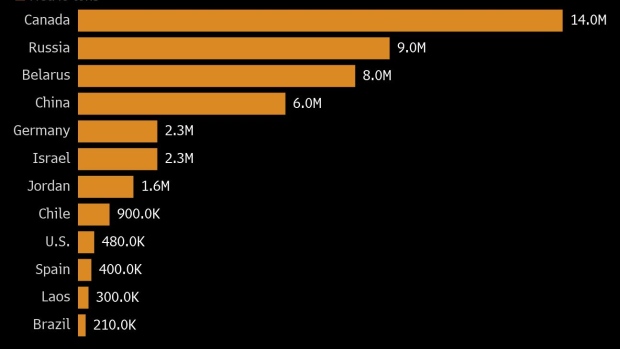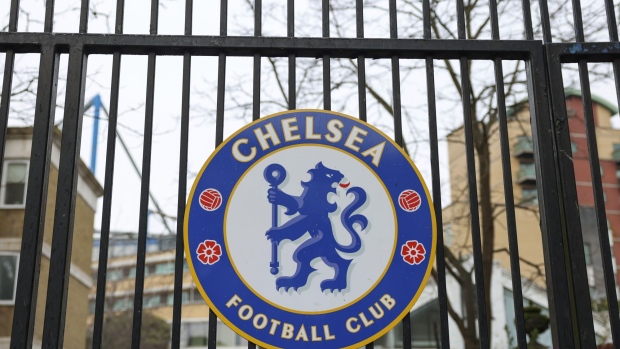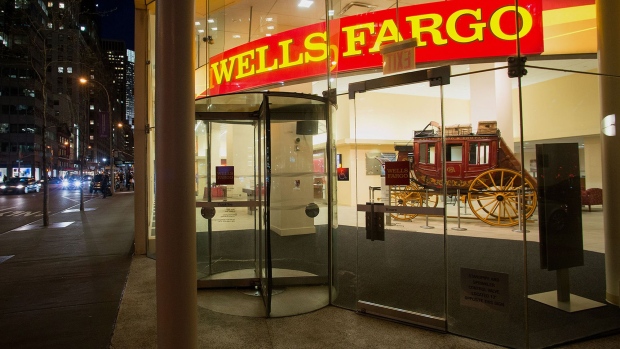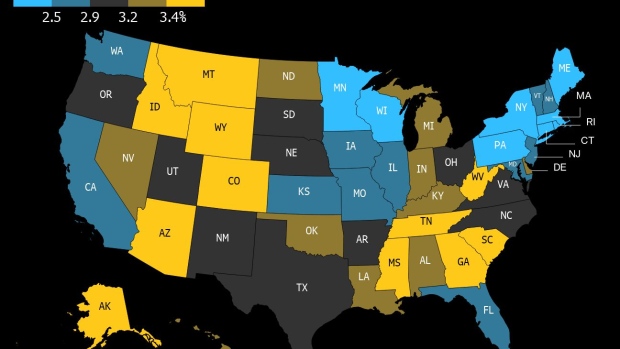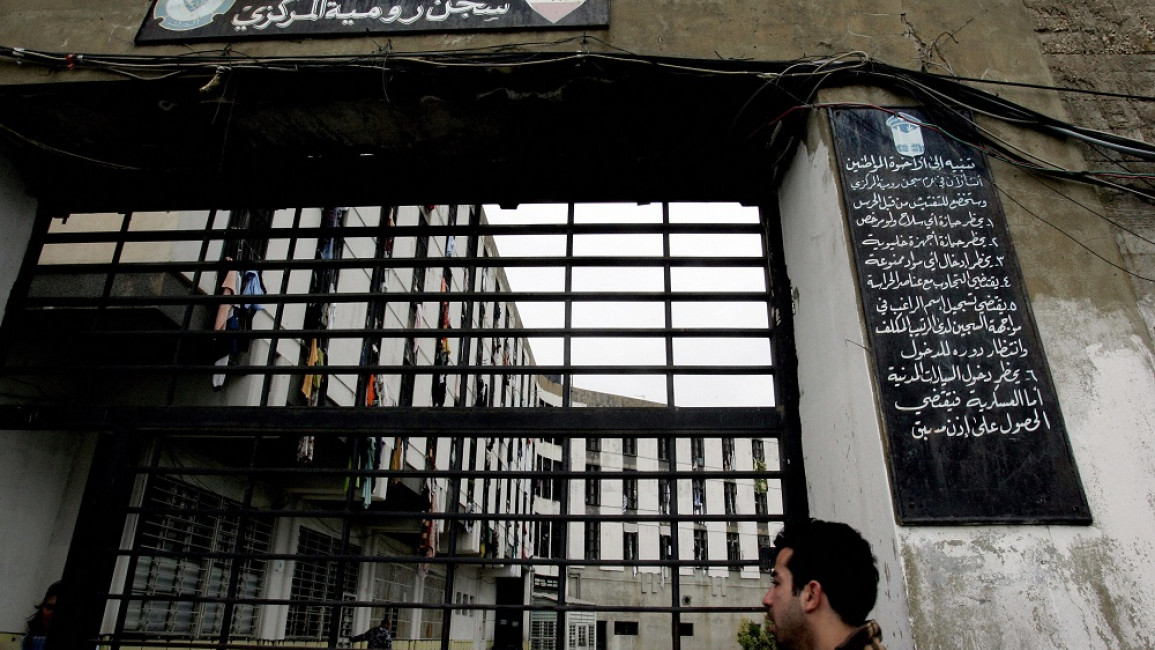(Bloomberg) -- Many of the negative hallmarks of shadow banking -- such as the excessive leverage and opacity that precipitated the 2008 global financial crisis -- have already seeped into the world of decentralized finance.
That’s the warning of Hilary Allen, a professor at American University’s Washington College of Law, in a recently published paper titled “DeFi: Shadow Banking 2.0?”
Unless regulators move to provide stronger oversight of this burgeoning sector of the cryptocurrency world, the risk to the broader financial system will grow, she said. Loosely defined, the shadow banking system consists of lenders, brokers and other intermediaries that fall outside the realm of traditional regulated banks. The most infamous participants and casualties are probably Lehman Brothers and Bear Stearns, which both failed amid the collapse of the subprime mortgage market.
Lending is one of the leading applications in DeFi, with more than 160 apps that let people trade, lend and borrow without intermediaries and often anonymously. Many are offering double-digit and even higher returns in exchange for lending out tokens for holders. The total value of the assets “locked” in DeFi apps is around $120 billion, according to industry data tracker DappRadar.
The inflows have caught the attention of more traditional financial institutions. Societe Generale SA has been tinkering with DeFi loans. HSBC Holdings PLC just acquired a plot of virtual real estate in the Sandbox metaverse. A slew of financial institutions, such as Silvergate Capital Corp. and a group of small banks, are planning or already issuing their own stablecoins, which are widely used to facilitate DeFi transactions.
“There are established financial institutions that are looking hungrily at the money being made in this space,” Allen said in an interview. “The concern I see both from the growth of this area and the financial stability perspective is if financial institutions see profits in this space.”
Crypto companies catering to institutional clients such as hedge funds are already moving in. Genesis Trading, the world’s largest digital-asset lender with more than $150 billion in originations, is making plans to enter DeFi, said Matthew Ballensweig, managing director and co-head of trading and lending at Genesis.
“We are thinking what our long-term strategy is going to look like with DeFi and our integration there,” Ballensweig said, adding that DeFi could end up being a source of cheaper capital, or a place to park money through apps such as Maple Finance, which offers uncollateralized loans to corporate and institutional borrowers.
Alameda Research, one of the world’s biggest crypto traders, is using DeFi loans to fund a portion of its $5 billion in daily trading activity. In January, Fireblocks teamed up with lender Aave Arc to let financial institutions participate in DeFi.
As more financial institutions pour in, the problems that have plagued DeFi -- everything from “rug pulls” to hacks that result in massive losses -- could potentially ripple through traditional finance and even raise the risk of bank runs, Allen and other observers said.
“DeFi, much like shadow banking pre-financial crisis, has risks, and in particular could malfunction in ways that we can’t predict,” said John Griffin, a finance professor at the University of Texas at Austin. “That could lead to financial fragility in ways we also don’t expect.”
Stablecoins, which are usually pegged to assets such as the dollar, are one of the biggest threats, Allen said. Issuers such as Tether, with an $80 billion market value, operate as private companies and don’t fully disclose reserves. Whether crypto exchanges would convert stablecoins into fiat in times of trouble is unclear, Allen said.
DeFi proponents argue that the risks are worth taking since the sector is a hotbed of innovation, making services cheaper and faster. Allen said these claims have been overblown. It can be as expensive to transfer a digital coin to another country and to convert it into fiat, she said. And dapps’ decentralization -- the idea that they are run by their community of users and computer code -- is often just an illusion.
“Anything that is purportedly decentralized is by definition going to be clunky,” Allen said. “All of it is building in redundancy so you don’t have to trust anyone. So it’ll never be as efficient as a system with an intermediary. But what we are seeing is there are intermediaries everywhere in this space.”
Many DeFi apps end up being controlled by a small group of developers, or venture capitalists with large stakes.
U.S. regulators have taken a mostly hands-off approach so far. President Joseph Biden’s March executive order on digital assets emphasized his support for crypto’s technological innovation, while stressing the need for consumer protections.
“To me that suggests that people are accepting at face value the idea that DeFi will help financial inclusion,” Allen said. “In light of that I don’t think what I am proposing will get much political traction until after a crisis occurs.”
